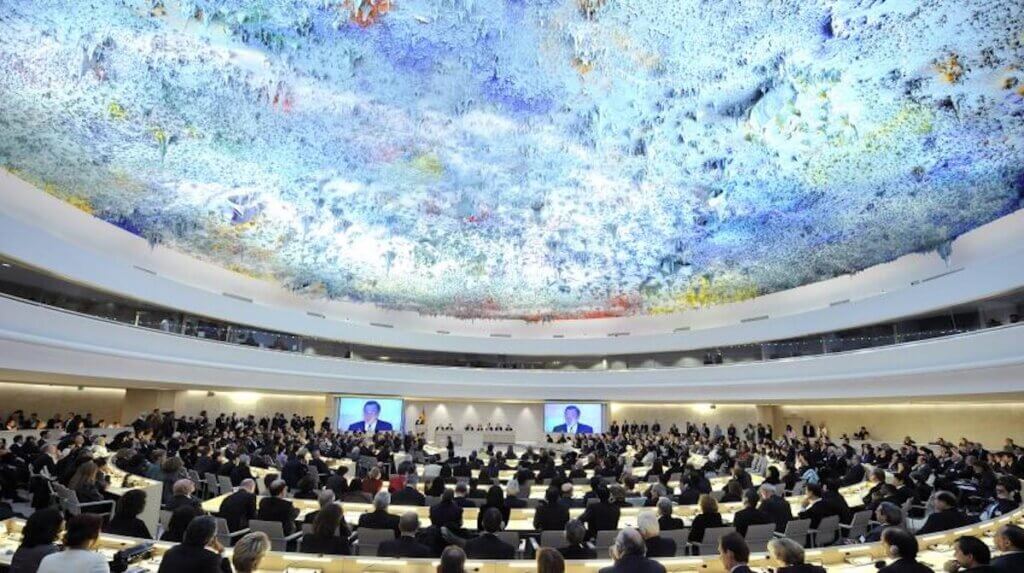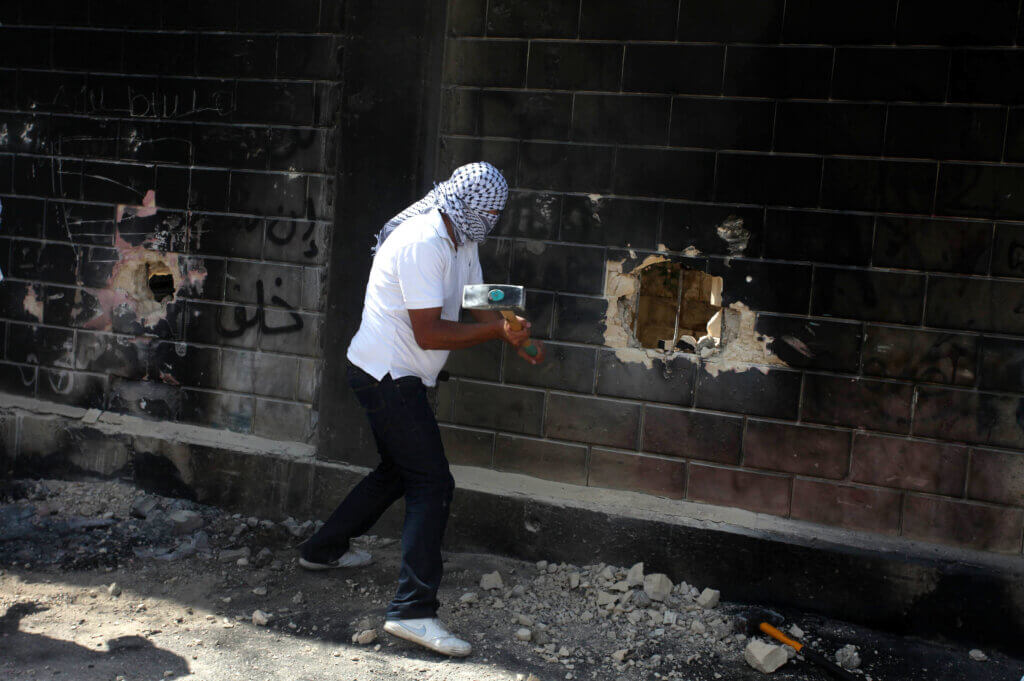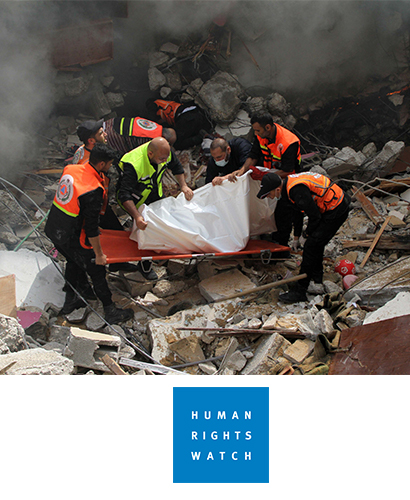On May 27, the UN Human Rights Council voted to establish a commission of inquiry that would report on human rights violations in Israel, the occupied West Bank, East Jerusalem, and Gaza Strip. The establishment of the commission was both welcomed and criticised as it claimed it would, in common with previous commissions, fail to contribute to hold Israel accountable.
Allen however suggests that this commission may be more successful and, in support of this claim, points to the fact that the wider context has changed. First, various reports have lent more credence to the charge of apartheid that has been levelled against Israel. These include the report by UN ESCWA (United Nations Economic and Social Commission for Western Asia); the report by eight Palestinian (including Al-Haq, BADIL, and Addameer), regional and international organizations that was submitted to the 100th session of the UN CERD (Committee on the Elimination of Racial Discrimination); and reports by B’Tselem and Human Rights Watch (HRW). These reports were respectively published on March 2017, November 2019, January 2021 and April 2021.
Allen also emphasises the importance of the International Criminal Court (ICC)’s decision to investigate alleged Israel’s alleged war crimes and crimes against humanity in the oPt, although she also acknowledges Israel’s established refusal to engage with international legal processes and the fact that this unwillingness to engage is further strengthened by unquestioning US political support.
But she ultimately concludes that these wider changes will multiply the impact of the Commission’s work and will, in so doing, indirectly contribute to a growing international movement that seeks to end Israeli settler colonialism and the apartheid regime it has put in place.




